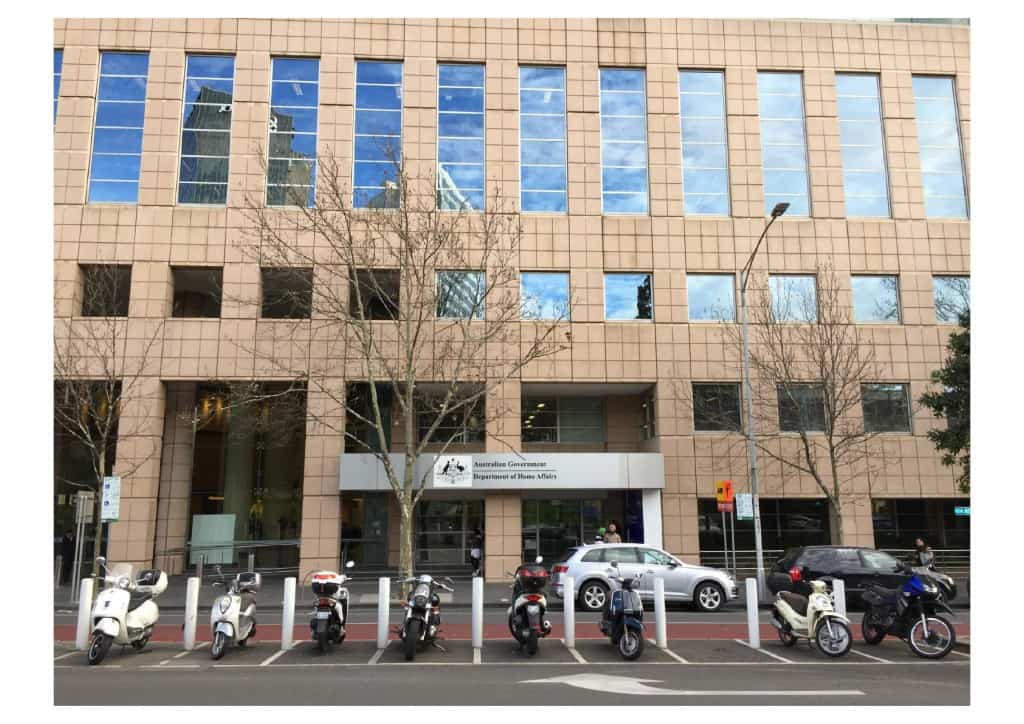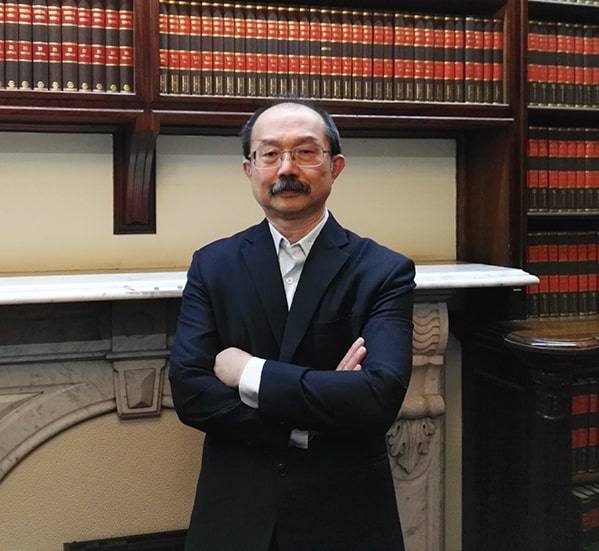
Challenging visa refusal is allowed
Not many people are aware that challenging visa refusal may be better than re-applying for the same visa or applying to the AAT for a merits review.
It is a requirement that when the Department of Immigration (Department of Home Affairs) refused your visa application they provide you with a written decision explaining why they refused your application.
The Department of Immigration will also include in their refusal letter that they “cannot consider your visa application any further”. This is an incorrect statement as the Department of Immigration have the power to revisit its decision as administrative decision is not necessarily “spent” once it is exercised.

Challenging visa refusal
Challenging visa refusal is possible if the Department of Immigration has made a legal error in refusing your visa application. You may request the Department of Immigration to revisit the refusal without applying to the AAT for a merits review or to the Federal Circuit Court (if you do not have a review right).
You can write to the Department of Immigration telling them why you think the refusal decision was affected by jurisdictional error and the refusal decision should be vacated so that your application is redetermined according to law. However, you should consider engaging the services of an immigration lawyer or registered migration lawyer (click here to learn how an immigration lawyer or registered migration agent can help you).
What is jurisdictional error?
A refusal decision is affected by jurisdictional error if the decision maker:
- identifies a wrong issue; or
- asks the wrong question; or
- ignores relevant material; or
- relies on irrelevant material.
The above must be such that the exercise or purported exercise of power is affected resulting in a decision that exceeded authority or a failure to exercise the authority or powers given under the Migration Act 1958 or applying the Department of Immigration’s policy inflexibly, or failing to consider whether to exercise a discretion given by the legislation, or incorrectly understand and apply the legislative test incorrectly, or failing to provide you with procedural fairness, or was biased against you, or failing to make an enquiry.
If the refusal decision was irrational that no rational or logical person could have arrived, or the decision is legally unreasonable if it is not within the scope of the power conferred on the person making the decision, the refusal decision is considered to be affected by jurisdictional error.
Challenging visa refusal is possible if the decision is affected by jurisdictional error because the Department of Immigration is required to give your application and supporting document proper, genuine and realistic consideration. In short, the decision maker must engage in an active intellectual process directed at your application.
Challenging visa refusal may take weeks or months and if you have a review right, you should consider applying to the AAT for a merits review of the refusal. AAT does not have statutory power to grant you an extension if you lodged your application out of time.
It may be a better option, if the visa application fee is not significant, to lodge another visa application and address the issues identified in the visa refusal decision.
Australian migration law is complex and difficult to understand, contact our immigration lawyer for a consultation (fee applies) regarding your visa refusal (click here to find out how an immigration lawyer or registered migration agent can help you or bridging visas) or click here to challenge visa refusal. You may also refer to our FAQs for answers regarding visa application or visa cancellation by clicking here.


041 222 4020 or WeChat: AUDvisa
This article is not intended to be or taken as migration legal advice. The author of this article disclaims any liability for any action or omission on the information provided or not provided in this article. You should always consult an immigration lawyer or a registered migration agent to form an informed opinion on your immigration matter.



